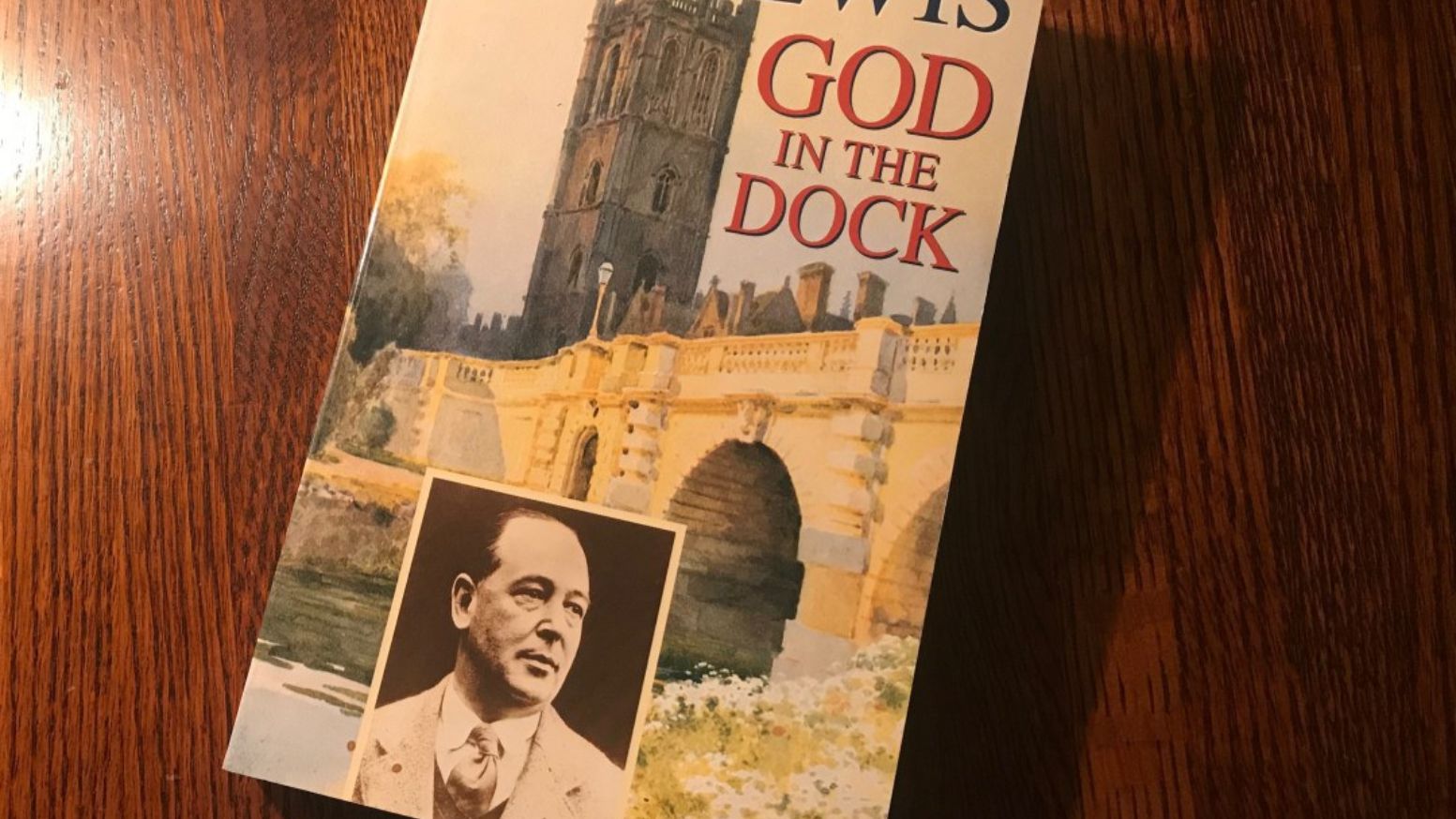During Easter 1945, C.S. Lewis concluded his speech to an assembly of Anglican priests and youth leaders with this stirring valediction:[1]
One last word. I have found that nothing is more dangerous to one’s own faith than the work of an apologist. No doctrine of that Faith seems to me so spectral, so unreal as one that I have just successfully defended in a public debate. For a moment, you see, it has seemed to rest on oneself: as a result, when you go away from the debate, it seems no stronger than that weak pillar. That is why we apologists take our lives in our hands and can be saved only by falling back continually from the web of our own arguments, as from our intellectual counters, into the Reality — from Christian apologetics into Christ Himself. That also is why we need one another’s continual help — oremus pro invicem.[2]
Ironically, the most effective apologist of the 20th century warned his listeners about the dangers of being an apologist. In fact, he said nothing was more dangerous to faith. In doing apologetics, we “take our lives in our hands.” Lewis argued that as apologists who are painfully aware of our own weaknesses, we could wrongly think the Christian faith is only as strong as we or our arguments are. This surely would be fatal for our faith because we all know how weak we really are.
Being the great apologist that he was, however, Lewis did not simply confess this difficulty and then leave us without a strategy for defending our faith against it. Rather, he offered the best advice I know in addressing this great danger: The apologist must regularly fall back “from Christian Apologetics into Christ Himself.”
The guard against this dangerous doubt then is to remember that our strength as apologists does not rest in ourselves, but in Christ. May the power of Christ, therefore, rest upon us in our weakness (2 Corinthians 12:9)!
[1] At the Carmarthen Conference for Youth Leaders and Junior Clergy of the Church in Wales at Carmarthen. God in the Dock, p. 103.
[2] Let us pray for each other.
